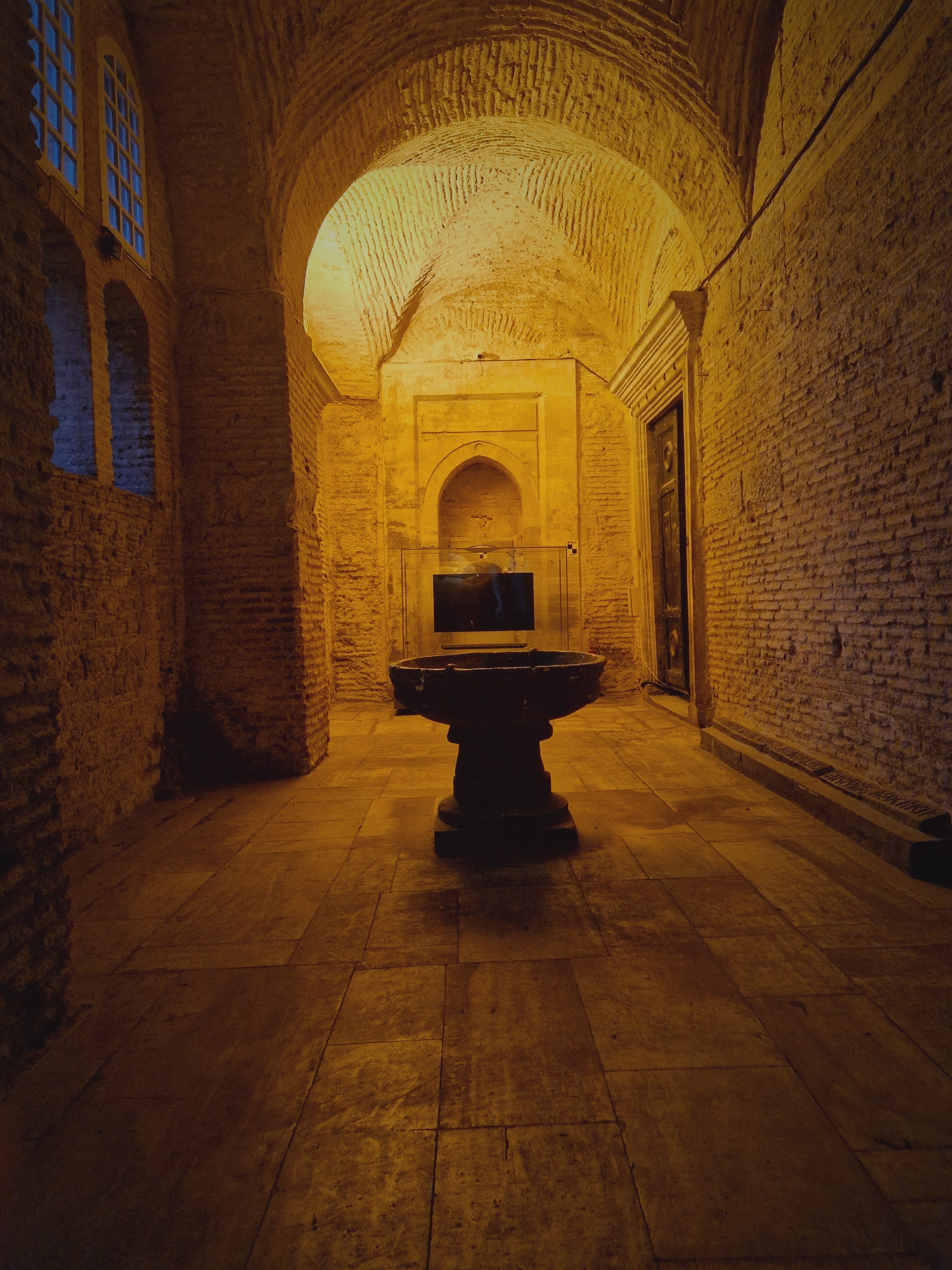Is he actually a threat to Putin? Is he actually as bad as Putin or is he worse? I assume the CIA wants to do a color revolution on his behalf
Instead of taking all of Russias wealth and funnelling it to a cadre of Oligarchs ( Like Putin), he would allow all of Russias wealth to go into the pockets of American and European Companies
You could whip libs into a frenzy by wondering what happens to your Russian neighbor that disappears during work hours
hes most likely being financed and given compromising information on Putin by a section of Russia's elite that is more liberal and sees how warmly Navalny is received in the west. They probably see in him the man who can "reset" relations with the west and remove those pesky sanctions that have been hurting their businesses
Extreme Neoliberal with Russian Ethnonationalist characteristics. For the people of Russia? Probably a coin flip between the two. For the World? Probably friendlier to the USA, so I would say "maybe Putin is kind of better?" Really Russia is a hell that the USA is aspiring to be so who knows.
For the people of Russia? Probably a coin flip between the two.
No, he'd probably be significantly worse.
Probably friendlier to the USA, so I would say “maybe Putin is kind of better?”
We really gotta resist the urge to do these sorts of shades-of-gray comparisons of representatives of the enemy class.
From the perspective of the working class, neither is a way forward.
Reducing everything down to "absolutely good" and "absolutely bad" is bad, actually
Hence the ambivalent question mark. Its like choosing between two turds for a meal.
I've noticed a bit of a tendency for some kinds of leftists to excessively binary thinking, where everything under the sun is part of a dichotomy of "Good, Pro-Socialism Anti-Capitalism" or "Bad, Pro-Capitalism, Anti-Socialism", and that these sides neatly divided and by nature always allies to their kind and enemies to the other. I know that "You have 5 seconds, pick a side" meme shitpost trend a few weeks back wasn't serious, but it had some showcase examples of this. Logically following from such views are ideas like "Any enemy of America is my ally", which would imply supporting ISIS and other far-right fundamentalist theocratic oppressive groups... Now obviously I don't think I've ever seen someone doing that here, but I have seen some ironic shitposting that comes awfully close to that, and I think we all know what often eventually comes of forums full of ironic shitposting pretending to support awful ideas.. Maybe I'm way off my rocker here, but I just wanted to identify and name something in case others felt the same way.
Really Russia is a hell that the USA is aspiring to be so who knows.
Russia is such a hellhole, because of the USA. Like even Putin wouldn't have come to power were it not for Clinton giving shady campaign aid to Yeltsin in 1996, to not mention everything that happened before that and Gorbachev's election to the post of General Secretary of the CPSU.
Here's a good article on him. About 10 minutes and you'll know everything
Well, right now he is not. But as it is kinda obvious, current strategy is to crank sanctions on individual oligarchs and promise them golden mountains, if Putin is disposed. As for liberalism: in usa terms he would be republican - privatize all the shit, racist and anti-lgbt. He is not better for the people in russia, he would be conceivably worse, as fully privatizing healthcare and mineral extraction companies spells disaster. It already is going to shit, but like it would be even more shit, when private owners would be tncs which will happily ship out resources and money even cheaper.
From a Jacobin article by Alexey Sakhnin who is a member of Left Front:
Like most politicians in modern Russia, Navalny’s worldview was formed under the total dominance of right-wing, market liberal ideology. In 2000, he joined the liberal Yabloko party. In those years, by his own account, he was a classic neoliberal, supporting a regime of low public spending, radical privatization, reduction of social guarantees, “small government,” and total freedom for business.
However, Navalny soon realized that a purely liberal politics has no prospect of success in Russia. For most people, this ideology was discredited by the radical reforms of the 1990s. It symbolized poverty, injustice, inequality, humiliation, and theft. And after pro-Western liberal ideology had lost so much luster in the eyes of the population, it ceased to be of interest to the ruling class either. Following Vladimir Putin, Russian officials, politicians, and oligarchs proclaimed themselves as patriots and true inheritors of the Russian state. Liberal parties turned out to be of no use to anyone.
Navalny soon found a new ideological niche. In the late 2000s, he declared himself a nationalist. He participated in the far-right Russian Marches, waged war on “illegal immigration,” and even launched campaign “Stop Feeding the Caucasus” directed against government subsidies to poor, ethnic minority-populated autonomous regions in the south of the country. It was a time when right-wing sentiments were widespread, and urban youth sympathized with ultra-right groups almost en masse. It seemed to Navalny that this wind would fill his sails — and partly, it worked.
But Navalny did not get lost among the petty nationalist “führers.” He found a special niche that made him a hero far beyond the boundaries of the right-wing radical subculture. He became the country’s main fighter against corruption. He would buy small amounts of shares in large state-owned companies and thus get access to their documents. On this basis, he conducted and published high-profile investigations. Many of them were brilliant journalistic work — though some critics suspected that Navalny was simply involved in the “media wars” among rival financial-industrial groups, receiving “orders” from them and information that compromised their competitors.
Navalny’s closest aide, Leonid Volkov, said in an interview that it was necessary to convince the Russian elite that an opposition victory would be better for them than a corrupt Putin government. But to do this, it was necessary to get rid of left-wing allies, who scared off big business. So Navalny split the oppositional coalition and when leftist leaders were thrown in jail, he declined to intercede on their behalf.
The Kremlin has always suspected that Navalny enjoys the tacit support of part of the elite. In 2012, the correspondence of some of the leaders of the liberal opposition was published, and it spoke of the possible financing of Navalny by a group of prominent oligarchs.
It is also important for Navalny that his criticism of social inequality does not turn the ruling establishment against him. Therefore, he is careful to make sure that his social populism does not overstep the line. Sharp criticism of the luxury of Putin’s entourage does not lead him toward radical social demands. Navalny is against revising the results of the criminal privatization of the 1990s or the redistribution of the national income in favor of working people. The most he agrees to is a small “compensation fee” that some oligarchs must pay to legitimize the property seized in the 1990s.
Inequality, then, will remain intact. Among the points of Navalny’s program on “fair courts” and political freedoms, there is also one on future privatization. And this is exactly what would likely alienate most Russians from him if it did reach the spotlight.
His People's Alliance party called for "drastically reducing government interference in the economy" in 2013. The Navalny-led party also called for stopping support for "rogue states" (basically socialist governments like Cuba, Venezuela, Nicaragua, Laos, China, and Vietnam as well as other governments like Iran, Belarus, and Syria that Putin's government had been increasingly economically supporting) and partnering up with Western countries.
In November of 2020, Navalny smeared indigenous socialist president of Bolivia Evo Morales who had been ousted in a far-right coup after winning a reelection:
The corrupt president, who illegally held power at the expense of lies and fabrications, fled the country.
Katya Kazbek, who is a fiercely anti-Putin Russian socialist writer, has a thread on Navalny's reactionary history that often gets ignored by Western coverage and also did an interview with Royce Kurmelovs that was posted at the Grayzone.





